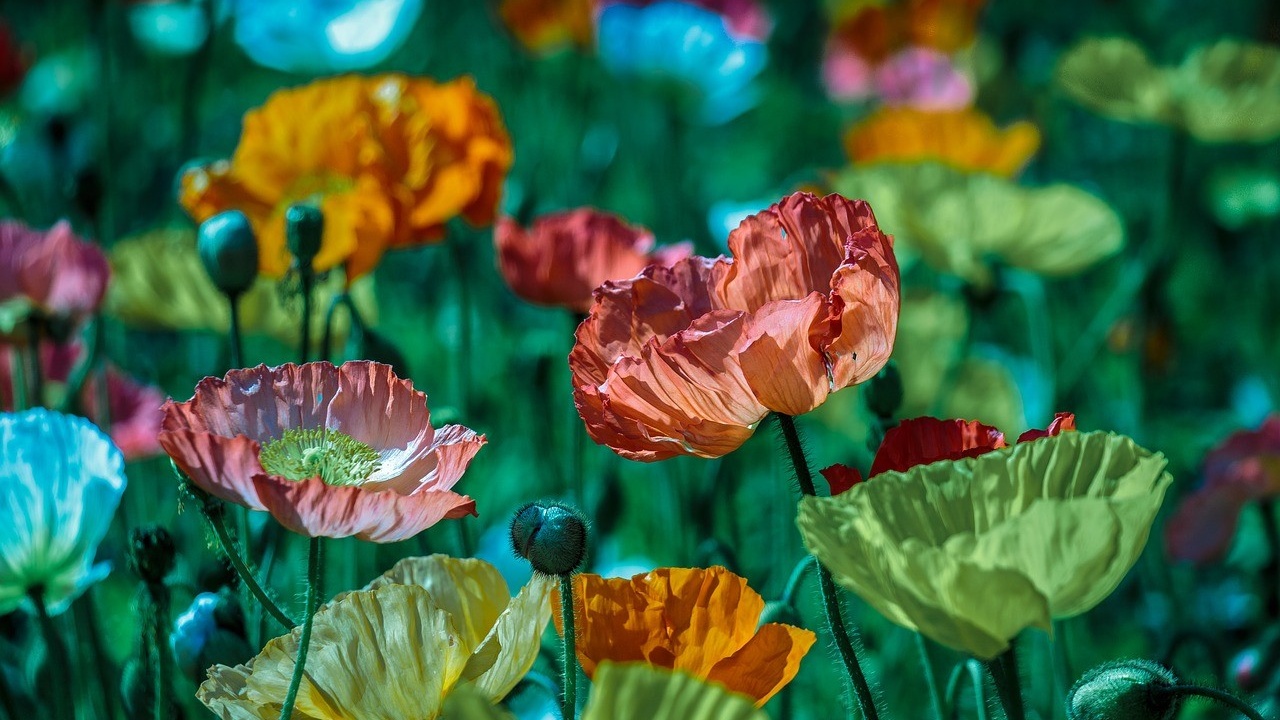Blog
Continuous partial attention (DW#899)

Many of us today are living (and working) in a state of continuous partial attention. Instead of giving our attention to the one thing that’s most important right now, our attention is effectively in radar mode — we are constantly scanning our environments for "the best opportunities, activities, and contacts, in any given moment," as Linda Stone of The Attention Project describes it.
And switching from task to task and scanning our environment can be exhausting and stressful.
And there is also something bigger at stake here …
Our attention is the conduit that connects us to our life and work, to what’s happening in this moment. It allows us to witness our own lives, so to speak.
And when our attention is divided — whether by multitasking, by falling into this state of continuous partial attention, or by simple distractions — our connection with our world is weakened, meaning that we get less of the world ...
Flow and boring work (DW#898)

On the other hand, have you ever been able to just "lose yourself" while doing something that you really don’t love to do?
I can think of many things: accounts, billing, actually anything to do with numbers, sorting socks after laundry and a whole host of other things.
I do not enjoy of any of the tasks above but I find that when I stop running from them, just "settle in" and do what needs to be done, I can actually enjoy it. Of course I do not think that "I wish I could do this every day!" but I can, when I single task, enjoy the process.
So it appears that it is not ALL or ONLY ...
But emails are so important for my work! (DW#897)

This sounds something like this:
My boss expects instant answers to emails
Emails contain important information for me to get my work done.
Here’s the thing: when our workday is run by external forces, it is so easy to lose sight of our own goals.
Here is how Cal Newport would address these common concerns:
Periods of open-ended reactivity can be blocked off like any other type of obligation.
The problem with open ended (DW#896)

A huge benefit of focus and time blocking is that it helps counteract perfectionism.
Those of us who have tendencies towards perfectionism will be able to relate.
We can keep working on projects and never deliver them, ship them or press send.
And open-ended timelines are a perfectionist’s worst enemy. With more time, we can always tweak and improve what we are working on and this results in spending way more time on a single project than is optimal. In fact, we can end up in a situation where nothing is ever done because it is never perfect.
Perfectionism also prevents us from sharing our work out in the world where it might actually do some good rather than sit with us and endure endless iterations.
Do you know what I am talking about?
With time blocking we give ourselves a set time to work on something. Once the time is up, we have to say "good enough", "ship" the product, share the content an...
Time blocking (DW#895)

I have been using time blocking and it’s variations for a while now (imperfectly, I might add!) and I have to say that when I work in time blocks, I notice several things that Cal Newport said would happen:
- I don’t have to constantly make choices about what to focus on.
- I am much more proactive and i ...
Attention Residue (DW#894)

Shallow work (DW#893)

He goes on to say that Shallow work is very common in this "age of network tools". When we are constantly checking emails, for example, we are really not producing anything meaningful. In fact, we are working on other people’s agenda’s. He uses very powerful language to diss the addiction to email:
The value of Deep Work (DW#892)

- Deep work: Distraction-free concentration which
- Stretches your cognitive capabilities to their limit
- Creates new value.
- Improves your skill and abilities (that is helps you grow).
The challenge getting into FLOW (DW#891)

Do you reach for your phone and check in? Do you catch up with everything that you may have missed (on WhatsApp, email, social media) as you slept?
Do you do this even before you have connected with the Divine, your loved ones, yourself?
The magical (and increasingly rare) state of being so engaged in a creative activity or project that you lose track of time is essential for meaningful productivity. Cal Newport calls it Deep Work.
He defines Deep Work as "professional acti...
Finding joy in effort (DW#890)

Of course it is not all work. Busy work which has no meaning or purpose will not create a state of "flow" or satisfaction.
And neither will "shallow" work – that is activities which are done half-heartedly or in a state of distraction.
Before we go any further, let us define "flow" or finding joy in effort.
Flow, according to Wikipedia, is the "mental state of operation in which a person performing an activity is fully immersed in a feeling of energized focus, full involvement, and enjoyment in the process of the activity."
Mihaly Czikszentmihalyi by the way, calls flow the "secret to happiness."
In order to be in a state of flow and find joy in effort, we need to be
- Fully immersed (distraction free) and
- Enjoy the process (which by the way can only happen if we are fully immersed and focused on what we are doing)
Daniel Goleman also affirms (in his book, Focus: The Hidden Driver of Excellence) that full focus gives us a p...
